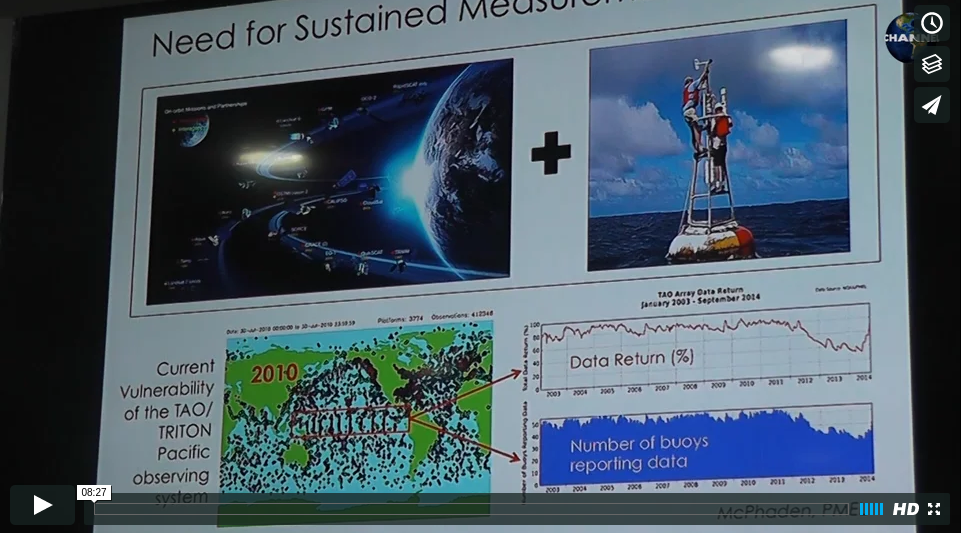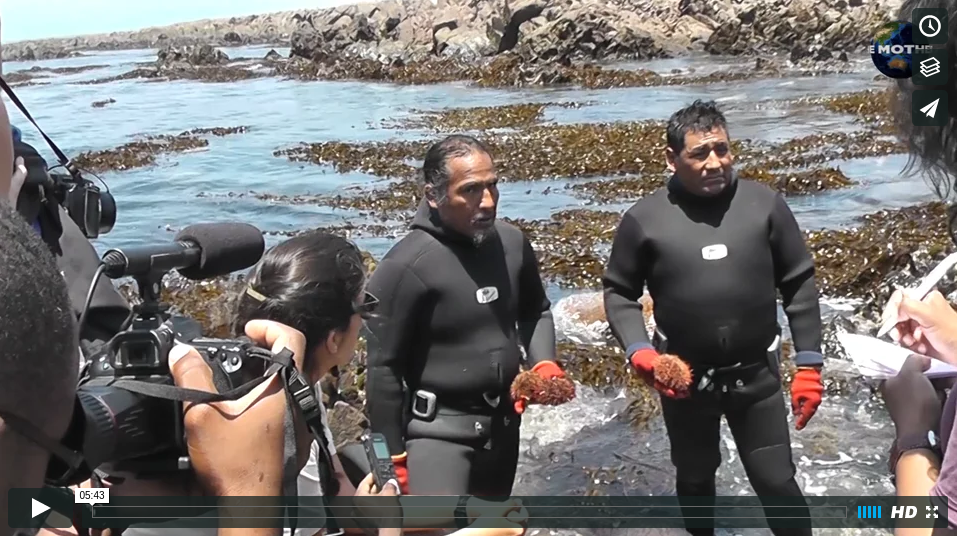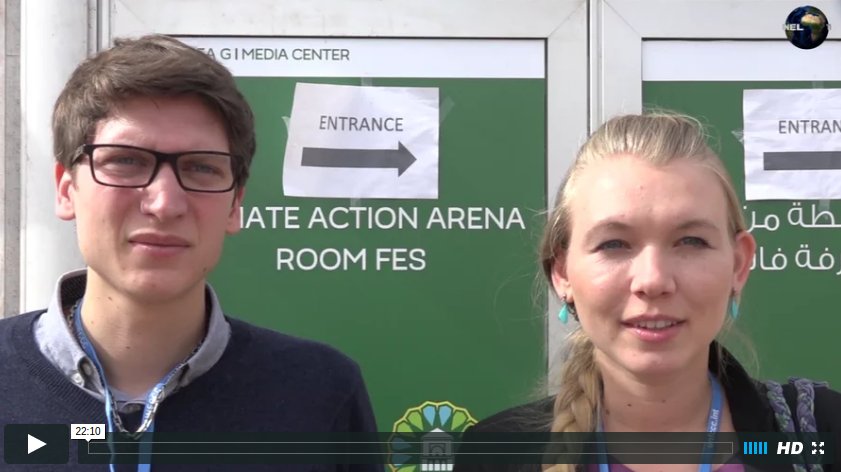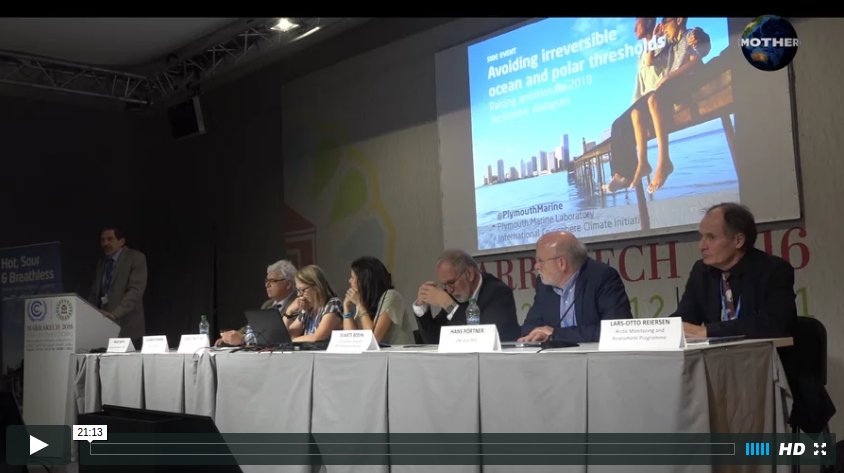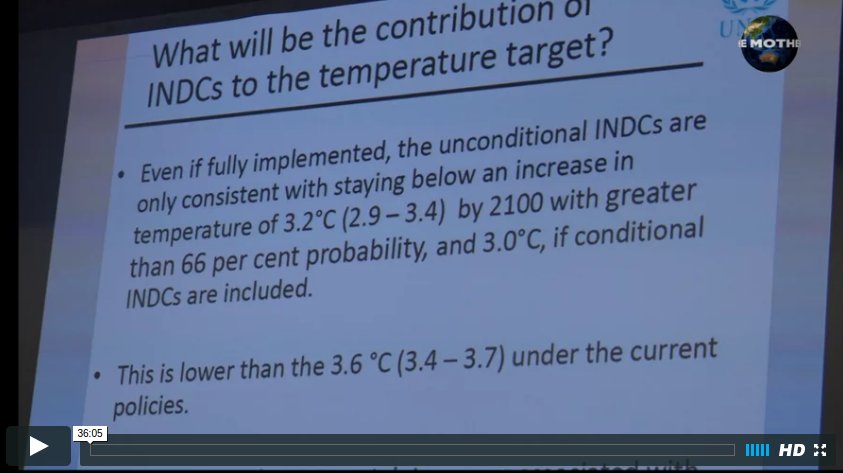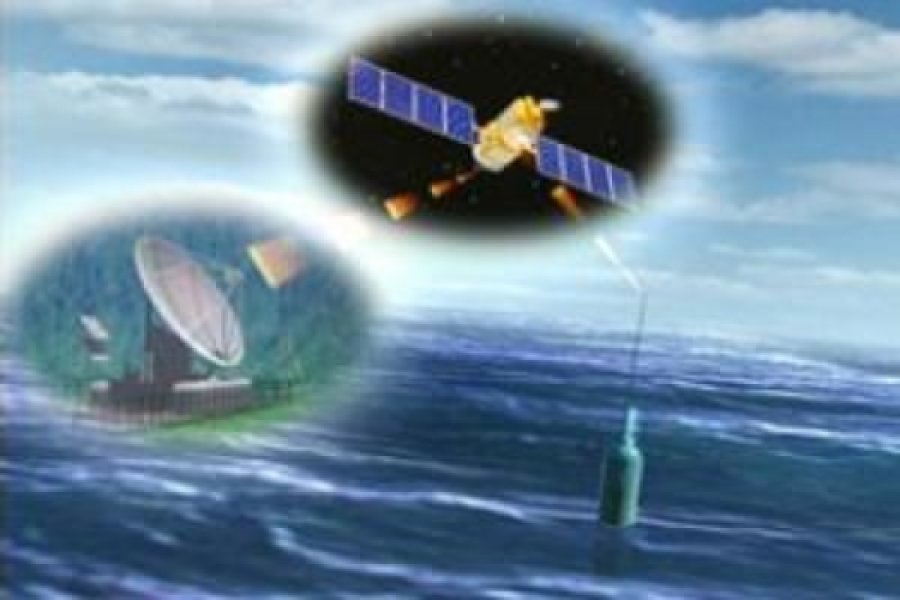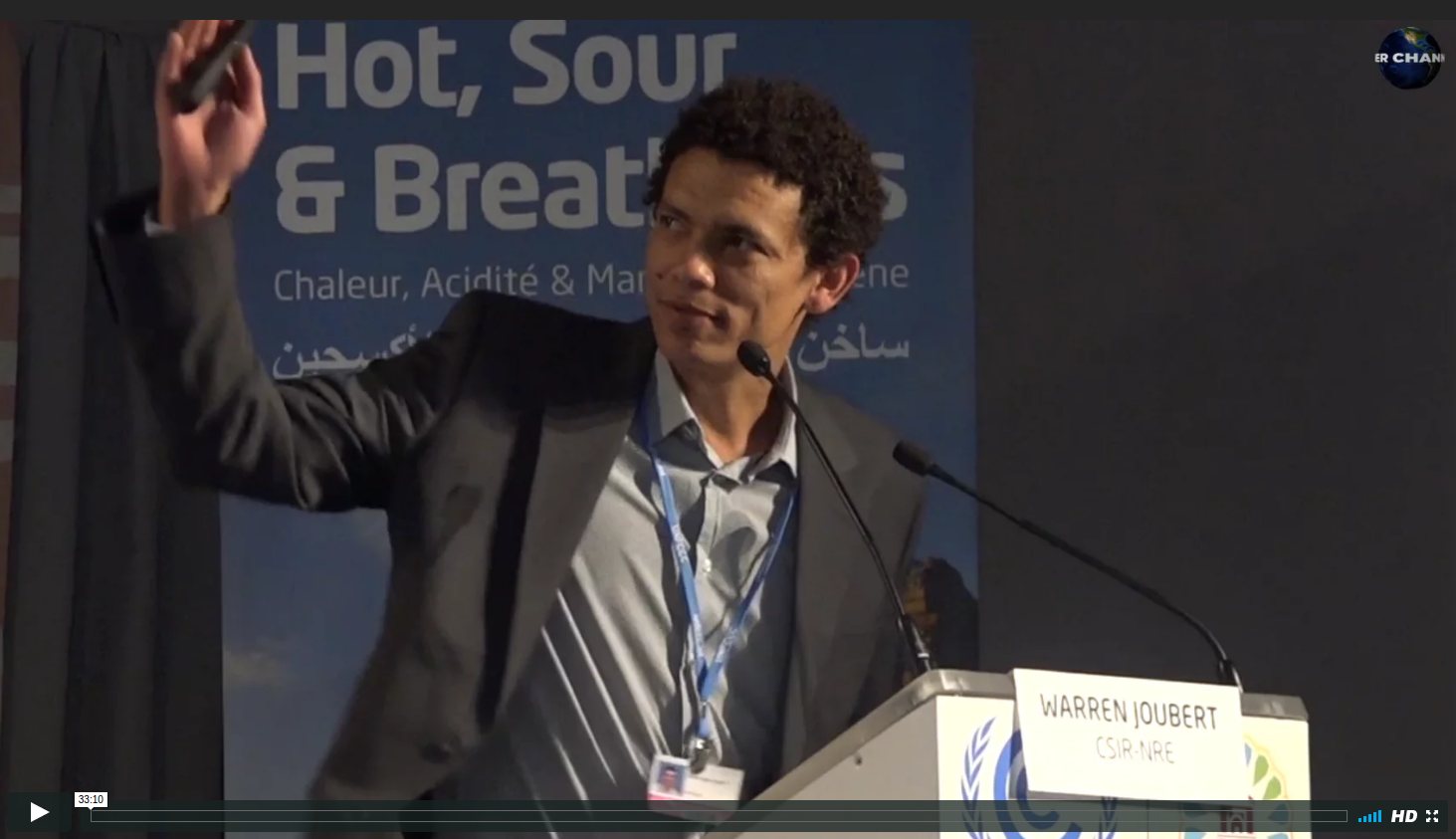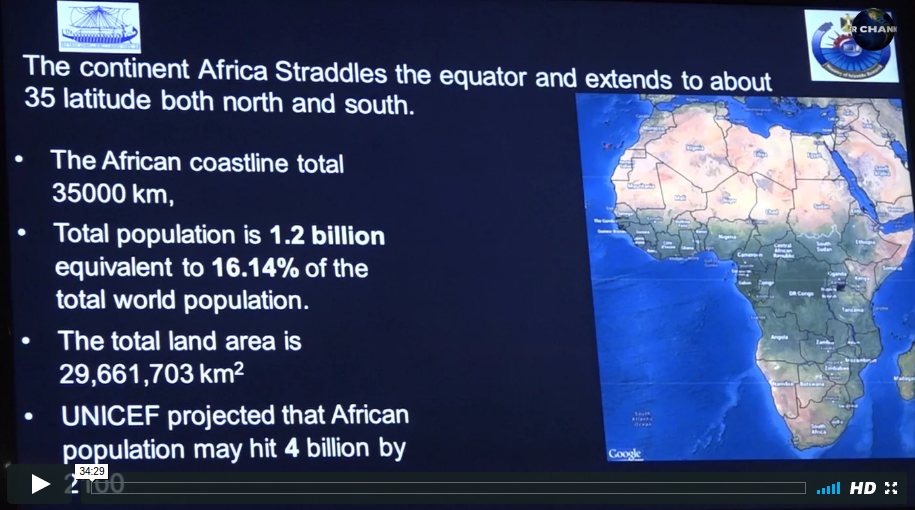- Live Stream
- Climate Change
- ENN
- Environmental Info
- Green Business
- Green Solutions
- Beautiful World
- Categories
- Articles
- Arctic & Glaciers
- Polar Regions and Glacier Reports
- Ethical Dimensions
- Global Warming
- Peatlands & Wetlands
- ENN – The Environmental News Network
- Agriculture
- Chemicals
- Conservation
- Fish Crime
- Forests
- Health
- Mountains
- Oceans
- Energy
- Money
- Green or Gone
- Nutrition
- Permaculture
- Various Solutions
- Powerful
- Watch This
- Water
- Breaking News
- Series ENN
Survival of Ocean Life ~ The Human Impact Factor!
Mother Channel interviews Ms Natalya Gallo, a PhD student at the Scripps Institution of Oceanography and fellow of Centre for Marine Biodiversity and Conservation and Mr Dimitri Kalitschenko of Québec-Océan who speak about the IPCC’s Fifth Assessment Report (AR5) Water/Air Report and the survival of Ocean life. Natalya expanded on the report in terms of […]
CLOSE

